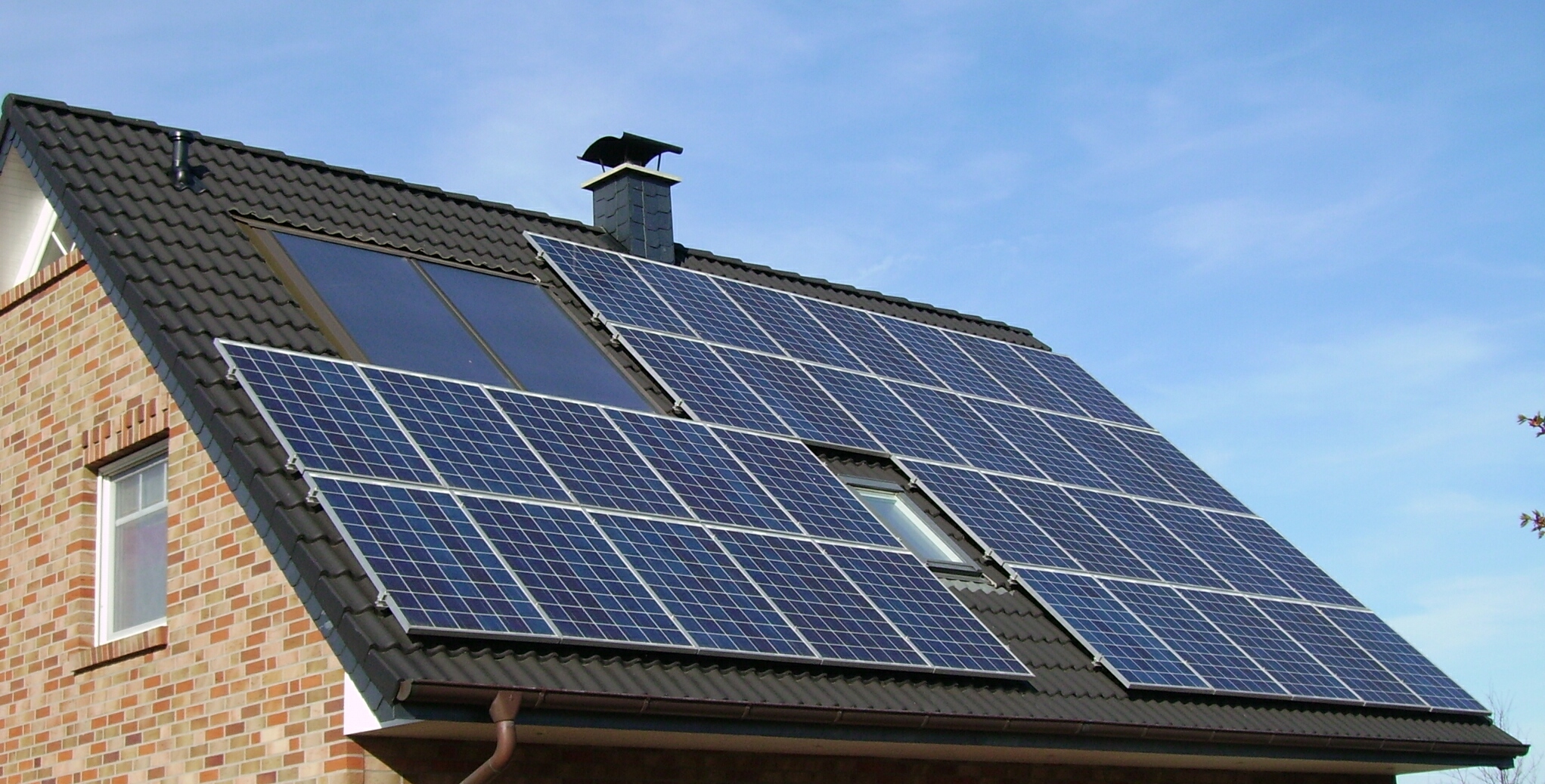We find technology in many aspects of our lives. They often make things cheaper and easier, but how are they affecting the environment. We have electric cars, solar panels and smart thermostats claiming to reduce our impact. Are we actually helping the environment or just letting us go on overconsuming with a clear conscience?
Let's start by looking at home heating. Putting in a smart thermostat may seem like an obvious choice. Nest makes claims that it will save 10 to 12% off your heating consumption and 15% off your cooling use. This is far from insignificant, but there are lots of factors involved. First, if you don't keep your temperatures within an appropriate range, it may risk your pet's health or damage your home. In my case, if I let my home warm up too much during the summer and then cool it off too quickly I risk my air conditioning unit freezing up because I live in a very humid environment. The other factor is whether people are around or not. If your home is occupied almost continuously like mine, you may not even see a difference at all. They do make options like the Eccobee that has sensors to detect whether a room is occupied and optimally control the temperatures for occupied spaces. While this would improve your home's temperature control, it may actually use more power to keep the more distant rooms comfortable. If you would like to learn more about smart thermostats check out this guide.
Overall, smart thermostats are great at reducing power usage for the right people. They can even pay for themselves over a couple of years. They work best in an average home where everyone is gone for a reasonable amount of time during the day.
Next, on my list would have to be solar panels. The pinnacle of green technology. The ability to produce solar panels with minimal environmental impact has increased about ten-fold over the years. Solar panels installed in around 1975 would have taken about 20 years to break even. Now according to The Economist, it's more in the range of 2-4 years depending on where the panels are produced, with European panels being produced more efficiently on average than those manufactured in China. While this is great its based mainly on carbon emissions. There is still a substantial potential to pollute the environment in other ways such as chemical leaks, and there is still virtually no recycling infrastructure for old panels yet.
Solar panels have come tremendously far. It will be especially interesting to see how efficiently made something like Tesla's roof tiles will be considering that they will literally be a roof tile and a solar panel. Either way from an environment standpoint, solar panels are more environmentally friendly than they have ever been.
Electric cars are even more challenging. They are quite efficient with models like the Chevy Bolt offering 119 MPGe which is great, but their environmental impact still depends greatly on how power is produced in your area. Compared to gasoline-powered cars they are tremendously more efficient, they also have the benefit of being more flexible because electricity can be produced from many sources. Cars, in general, are not the most efficient things. They require a lot of resources to make and the infrastructure to use them is tremendous. Things could be much more effective if we were to focus on mass transit, but this really isn't consumer friendly, since you are limited by schedules and routes.
Technology has made great strides in improving the quality of life while minimizing the impact on the environment. We still greatly depend on fossil fuels as a society, and I don't see that changing any time soon even with the ability to harvest energy from a number of renewable sources such as wind and solar.
If you like this post check out my post on Teslas Roof Tiles or Automating your home.






